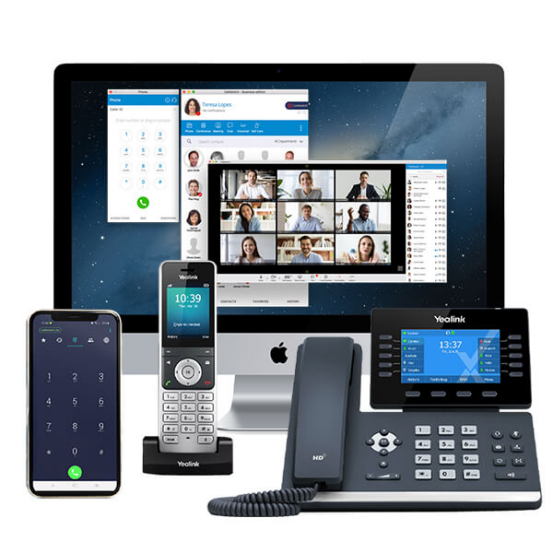
Advancements in technology have revolutionized the way we communicate, with Voice over Internet Protocol (VoIP) emerging as a popular alternative to traditional phone systems. VoIP allows users to make voice calls over the internet, offering lower costs, greater flexibility, and advanced features compared to conventional phone lines. In this article, we explore three simple ways to make VoIP calls and how this technology is transforming communication for individuals and businesses alike.

1. VoIP Apps
One of the simplest ways to make VoIP calls is by using dedicated VoIP apps on smartphones, tablets, or computers. Popular apps like Skype, WhatsApp, and Zoom enable users to make voice and video calls over the internet using their device’s internet connection. To use a VoIP app, users typically need to download the app from the appropriate app store, create an account, and add contacts to their address book. Once set up, users can call other app users for free or pay a small fee to call traditional phone numbers.
VoIP apps offer numerous advantages over traditional phone systems, such as lower costs, the ability to make international calls, and advanced features like group calls, screen sharing, and instant messaging. Additionally, VoIP apps can be accessed anywhere with an internet connection, making them ideal for remote work, travel, and on-the-go communication.
2. VoIP Landline Phone Connections
For businesses and individuals who prefer a more traditional calling experience, VoIP landline phones offer a familiar interface with the benefits of VoIP technology. These are dedicated hardware devices designed to connect to the internet and make calls using Voice over Internet Protocol. While they look similar to conventional landline phones, VoIP landlines operate over the internet instead of traditional telephone lines.
VoIP landline phones come in various models and configurations, from basic models with standard calling features to advanced ones with touchscreen displays, HD audio, and built-in cameras for video calling. Setting up a VoIP desk phone typically involves connecting the phone to the internet, configuring it with the appropriate settings from the VoIP service provider, and using the keypad or touchscreen to make calls.
These phones offer many benefits, including reduced costs, scalability, and features such as call forwarding, voicemail, and conference calling. Additionally, VoIP landline phones can integrate with other business tools and applications, such as customer relationship management (CRM) software, to enhance productivity and streamline communications.
3. Softphones
Softphones are software-based VoIP applications that allow users to make calls from a computer or mobile device using a headset or microphone. Unlike dedicated VoIP apps, softphones are typically installed on existing devices and offer similar functionality to a VoIP desk phone. Popular softphone applications include Bria, Zoiper, and X-Lite.
Softphones are an excellent solution for individuals and businesses seeking cost-effective and flexible communication options. They provide features like voice calling, video calling, instant messaging, and integration with business applications. Furthermore, softphones can be used on multiple devices, allowing users to make calls from a computer, smartphone, or tablet using the same account and phone number.
In summary, VoIP offers a versatile and cost-efficient solution for making calls over the internet. Whether using a dedicated VoIP app, a VoIP landline phone, or a softphone, individuals and businesses can benefit from expanded capabilities, lower costs, and greater flexibility compared to traditional phone systems. Adopting VoIP allows users to say goodbye to conventional phones and embrace a new era of internet-based communication.







